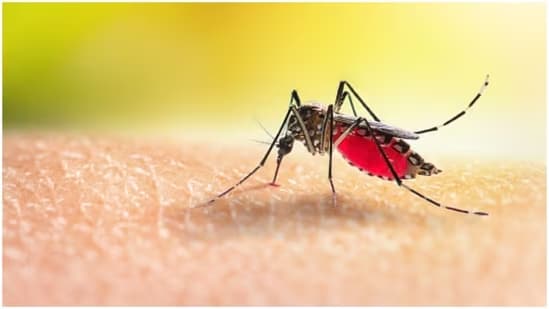As temperatures rise due to climate change, malaria-carrying mosquitoes are finding new regions in Africa inhabitable. The disease, which has plagued the continent for centuries according to experts, appears to be on the move.
Researchers note instances of malaria detected in high-altitude areas like Mount Kilimanjaro's slopes that were previously too cool for the parasites and insects. Local health officials in Zimbabwe also link observations of longer transmission periods in some districts directly to warming weather patterns.
Africa bears a disproportionate share of the global malaria burden. In 2022 alone, over 600,000 people across the continent lost their lives to the mosquito-borne illness – most were young children. Poverty, poor sanitation and limited access to preventative tools exacerbate the problem for those at highest risk like Funmilayo Kotun, a 66-year-old Lagos resident unable to afford a $7 bed net.
While vaccines and new interventions raised hopes of further curbing malaria, the COVID-19 pandemic disrupted supply chains and diverted attention away from control efforts. This led to a temporary rise in cases according to scientists. Going forward, ongoing climate impacts threaten to challenge elimination goals if not addressed. Global leaders emphasize the need for strengthened public health resilience against climate-exacerbated health threats.





